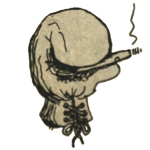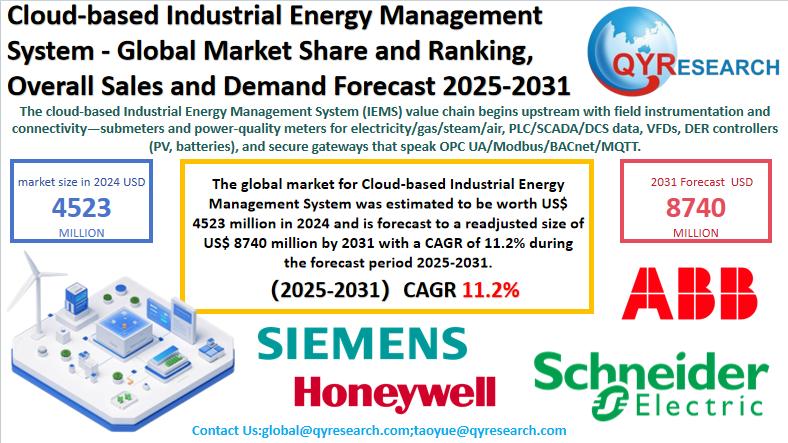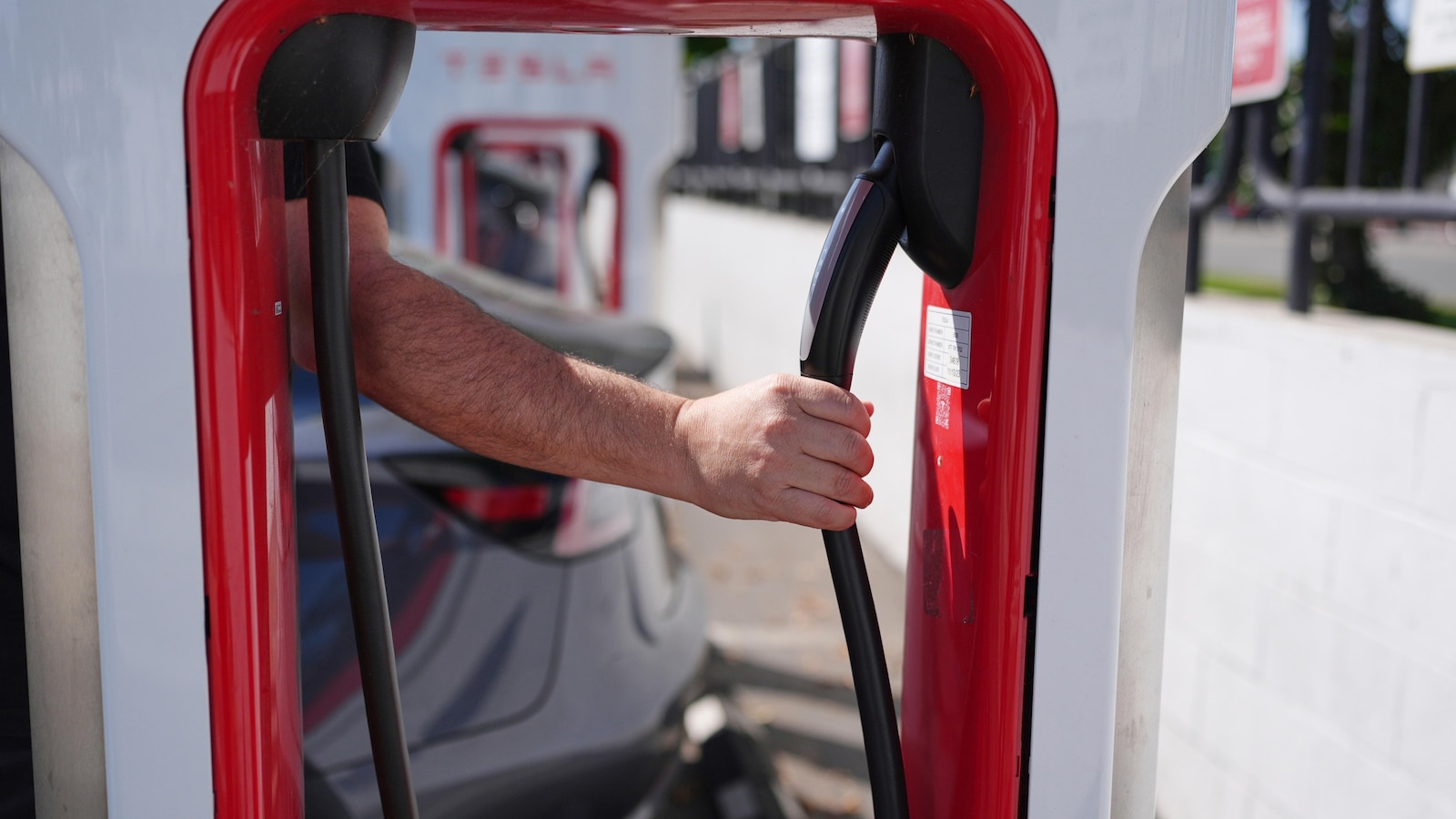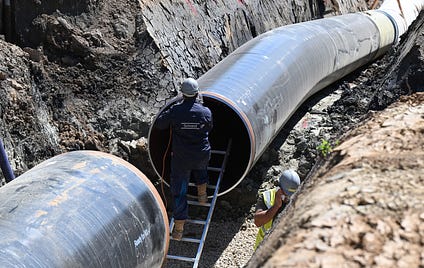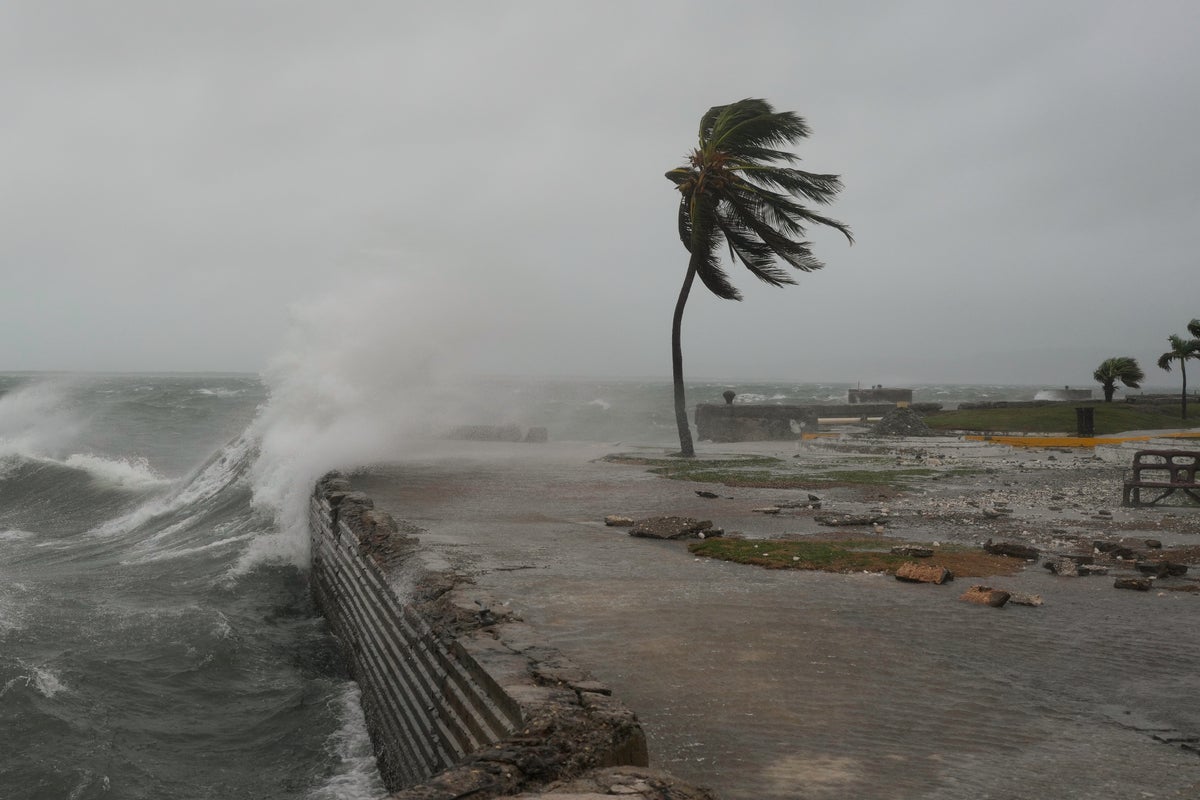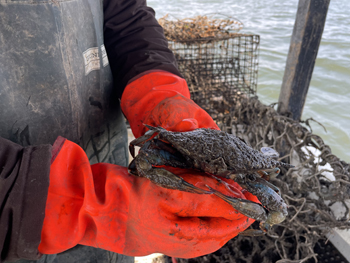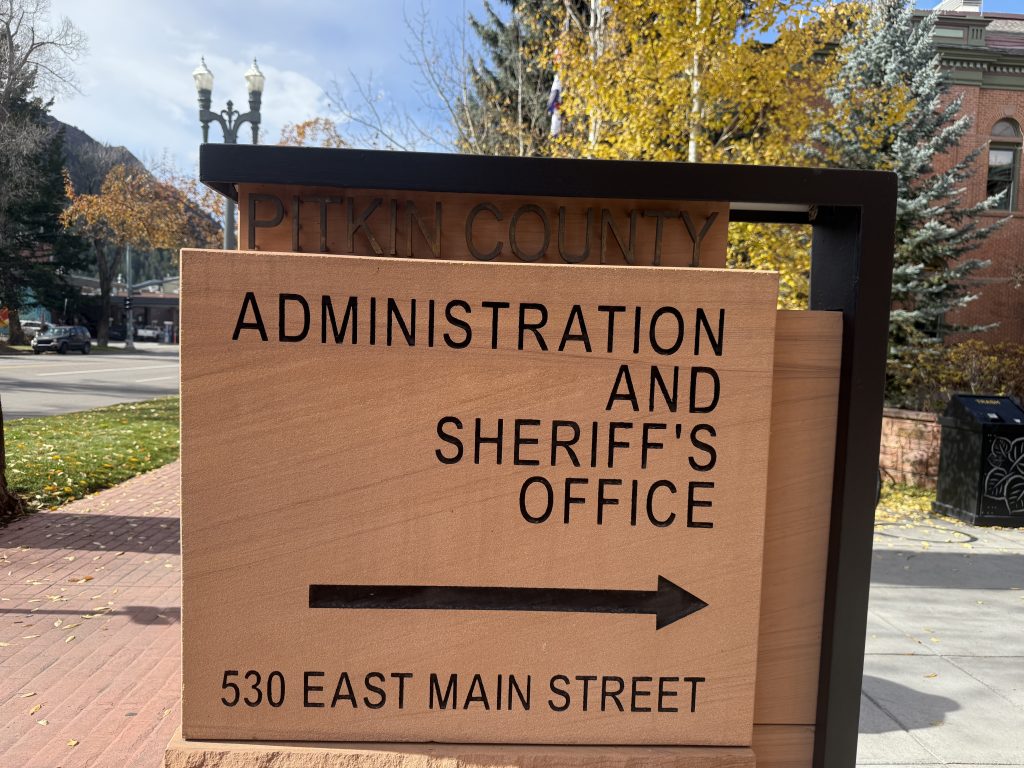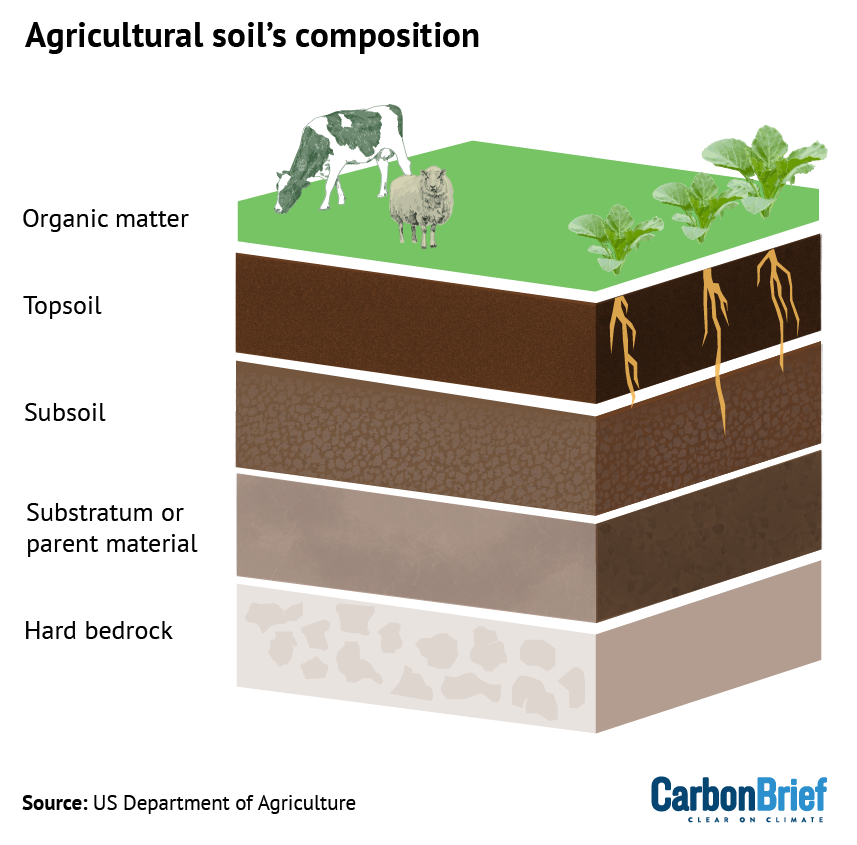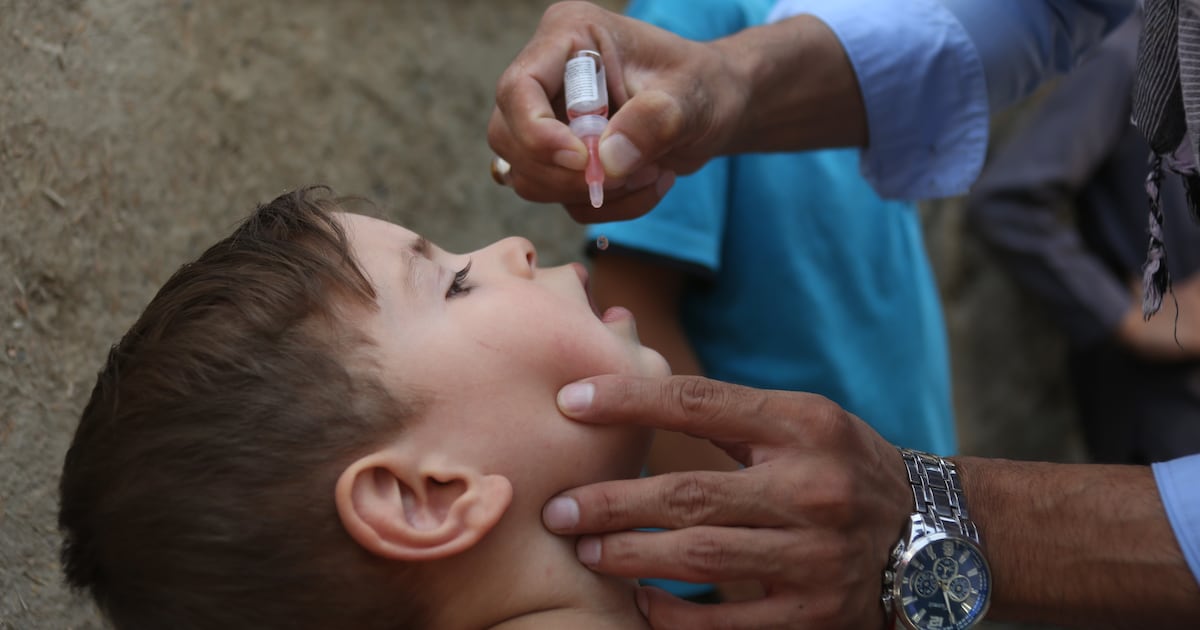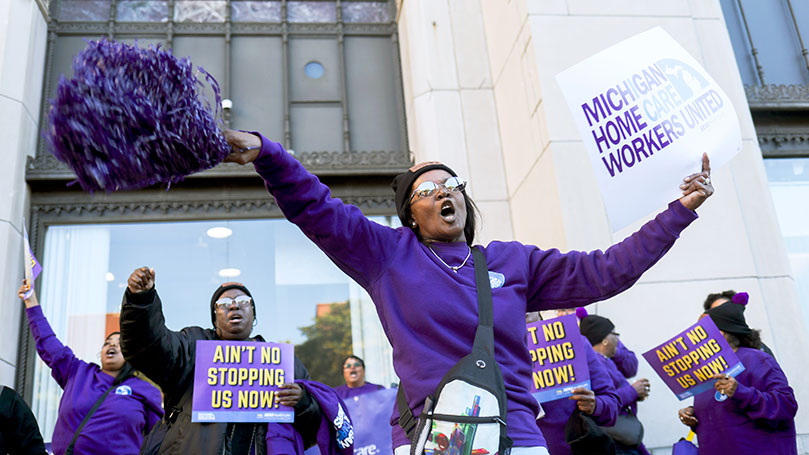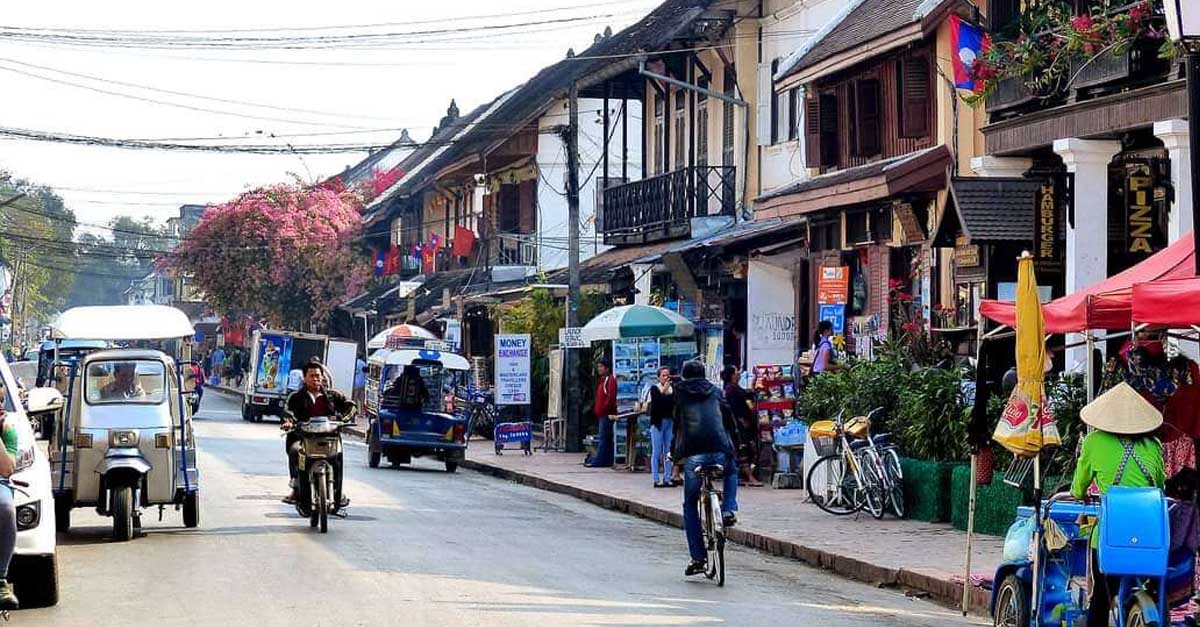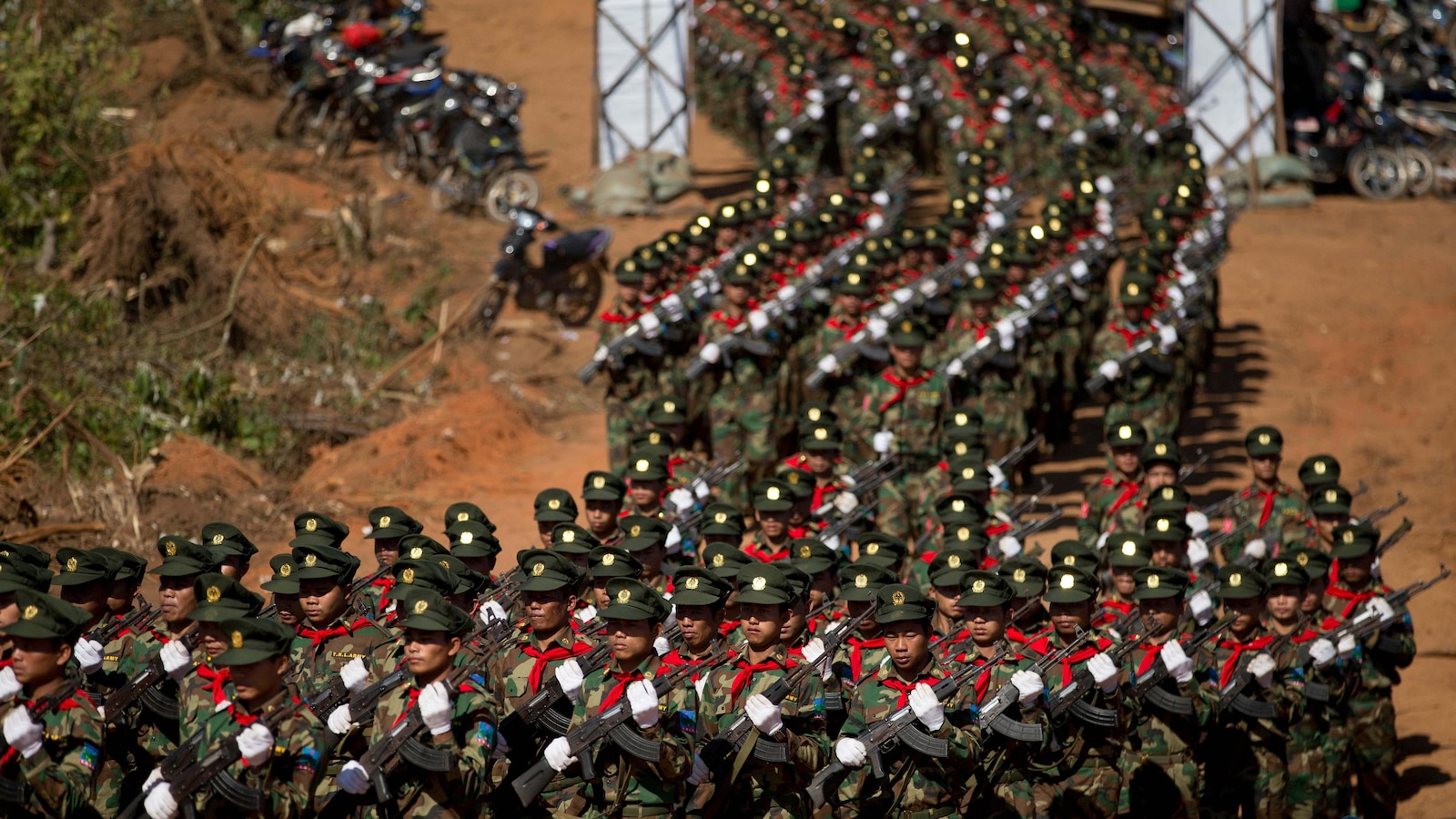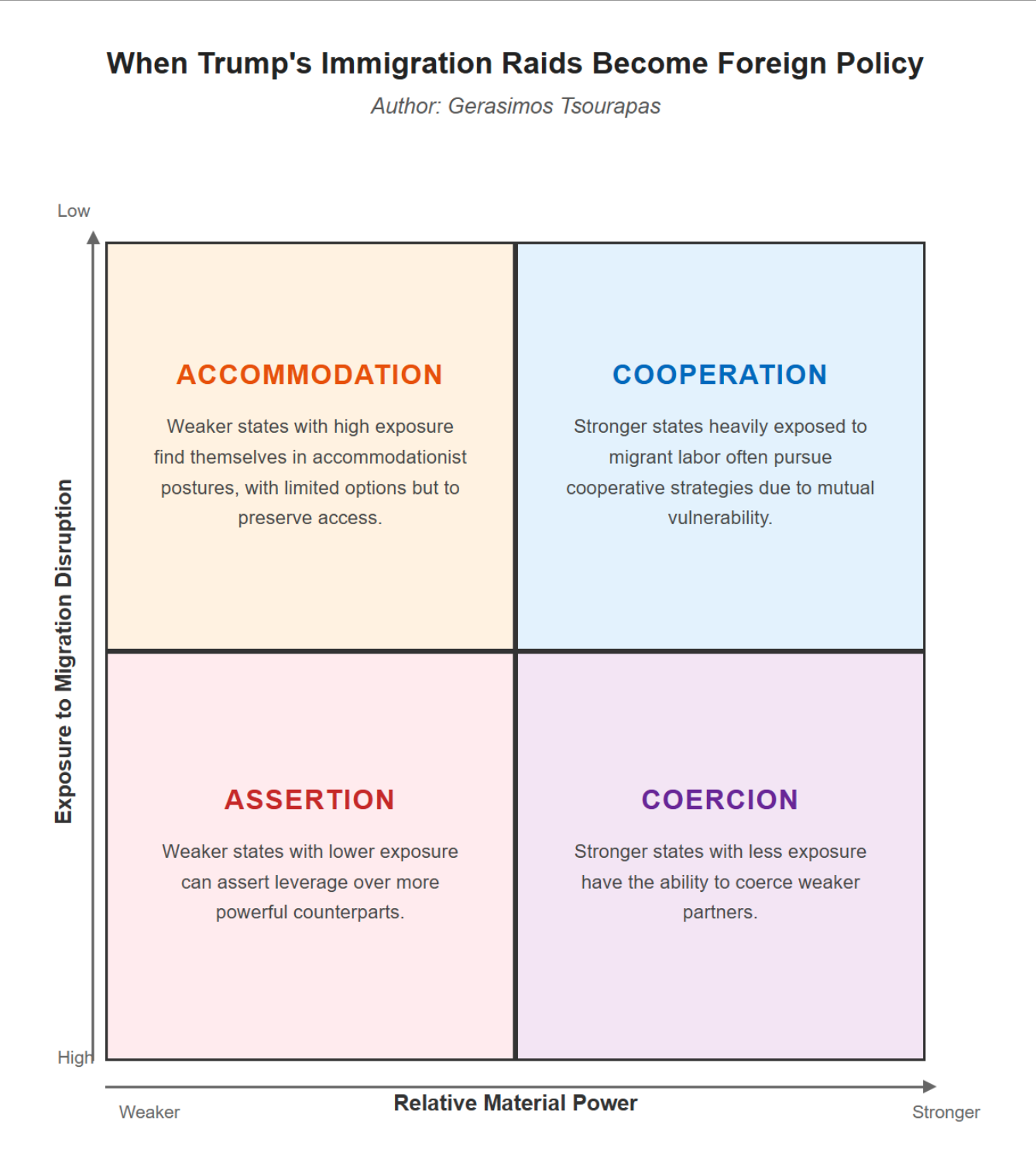Without Social Reform, Brunei’s Economic Transformation Will Fall Short – World Politics Review

Brunei Darussalam’s Socioeconomic Transformation and the Sustainable Development Goals
Economic Diversification in Pursuit of SDG 8 and SDG 9
The Sultanate of Brunei Darussalam is initiating a significant socioeconomic transition in response to projections that its oil reserves will be depleted within approximately three decades. This strategic shift is imperative for achieving long-term economic sustainability, directly aligning with the objectives of the United Nations’ Sustainable Development Goals.
- SDG 8: Decent Work and Economic Growth. The nation’s heavy reliance on petroleum revenues is unsustainable. The transition aims to diversify the economy, fostering sustained, inclusive, and sustainable economic growth, and creating new sectors for full and productive employment.
- SDG 9: Industry, Innovation, and Infrastructure. Weaning the economy off petroleum necessitates building resilient infrastructure and promoting inclusive and sustainable industrialization. Past diversification plans have yielded limited results, with a 2025 study by AMRO-Asia noting that Brunei remains less diversified than regional peers such as the United Arab Emirates, Indonesia, and Malaysia.
Brunei is reportedly drawing inspiration from the transformation strategies of Gulf states like Saudi Arabia and the UAE, which are also working to diversify their economies, enhance trade, and attract skilled labor. However, Brunei’s smaller economic scale presents a unique challenge in implementing a similar model.
Social and Institutional Barriers to Achieving SDG 10 and SDG 16
Progress toward a diversified and sustainable economy is significantly hampered by social and institutional factors that conflict with key Sustainable Development Goals. These challenges create an environment that is not conducive to attracting the foreign talent required for economic transformation.
- Challenges to SDG 10 (Reduced Inequalities): The enactment of a severe penal code in April 2019, which includes capital punishment for consensual same-sex relations, directly contravenes the principles of SDG 10. Such legislation undermines efforts to build an inclusive society and deters the in-migration of a diverse and skilled workforce.
- Challenges to SDG 16 (Peace, Justice, and Strong Institutions): The 2019 policy, based on an antiquated interpretation of Islamic law, raises concerns regarding the promotion of just, peaceful, and inclusive societies as outlined in SDG 16. Although international condemnation led to a moratorium on the law’s implementation, its continued existence on the statute books represents a persistent institutional barrier to progress and international integration.
The failure to address these social and legal issues has largely stalled plans to attract foreign talent, thereby impeding the successful realization of economic goals tied to SDG 8 and SDG 9.
Analysis of Sustainable Development Goals (SDGs) in the Article
1. Which SDGs are addressed or connected to the issues highlighted in the article?
- SDG 5: Gender Equality – Connected to the harsh social strictures, specifically the law punishing adultery.
- SDG 8: Decent Work and Economic Growth – Addressed through the discussion of economic diversification away from oil dependency and efforts to attract skilled workers.
- SDG 10: Reduced Inequalities – Relevant due to the discriminatory law targeting consensual sex between men.
- SDG 16: Peace, Justice and Strong Institutions – Highlighted by the enactment of a new penal code based on an “antiquated interpretation of Islamic law,” the punishment of death by stoning, and the influence of international condemnation on its enforcement.
2. What specific targets under those SDGs can be identified based on the article’s content?
-
SDG 8: Decent Work and Economic Growth
- Target 8.2: Achieve higher levels of economic productivity through diversification, technological upgrading and innovation. The article explicitly states Brunei’s need to “diversify their economies” and “weaning itself off petroleum.” It notes that until recently, Brunei had “made little progress” in this area.
-
SDG 5: Gender Equality & SDG 10: Reduced Inequalities
- Target 5.1 / 10.3: End all forms of discrimination against all women and girls everywhere / Ensure equal opportunity and reduce inequalities of outcome, including by eliminating discriminatory laws, policies and practices. The article mentions the law instituting “death by stoning as a punishment for adultery and consensual sex between men,” which is a clear example of a discriminatory law that creates inequality and targets specific groups.
-
SDG 16: Peace, Justice and Strong Institutions
- Target 16.1: Significantly reduce all forms of violence and related death rates everywhere. The enactment of a law that includes “death by stoning” as a punishment directly contravenes this target.
- Target 16.3: Promote the rule of law at the national and international levels and ensure equal access to justice for all. The article points to a challenge in the rule of law by describing the policy as based on an “antiquated interpretation of Islamic law” and notes that “international condemnation halted its implementation,” suggesting issues with the justice system’s alignment with international norms.
- Target 16.b: Promote and enforce non-discriminatory laws and policies for sustainable development. The article highlights a discriminatory law that, although unenforced, “remains in place,” which is a direct challenge to this target.
3. Are there any indicators mentioned or implied in the article that can be used to measure progress towards the identified targets?
-
Indicator for Economic Diversification (Target 8.2)
The article implies a key indicator by stating that a study “found that ‘the country remains less diversified than other resource-rich economies.'” This suggests that the share of the non-petroleum sector in the national economy is a critical metric for measuring progress.
-
Indicator for Discriminatory Laws (Targets 5.1, 10.3, 16.b)
The article explicitly mentions the 2019 law that instituted “death by stoning as a punishment for adultery and consensual sex between men.” Therefore, the existence and enforcement status of laws that discriminate based on gender or sexual orientation serves as a direct indicator of progress (or lack thereof). The article notes the law “remains in place, unenforced for the time being.”
-
Indicator for Attracting Talent (Target 8.2)
The article mentions Brunei’s goal to “boost… the in-migration of more skilled workers” and that previous “plans to attract more foreign talent remained largely unrealized.” This implies that the net migration rate of skilled workers can be used as an indicator to measure the success of its new socioeconomic model.
4. Table of SDGs, Targets, and Indicators
| SDGs | Targets | Indicators |
|---|---|---|
| SDG 8: Decent Work and Economic Growth | 8.2: Achieve higher levels of economic productivity through diversification, technological upgrading and innovation. |
|
| SDG 5: Gender Equality | 5.1: End all forms of discrimination against all women and girls everywhere. | Existence and enforcement status of laws that discriminate based on gender (e.g., punishment for adultery). |
| SDG 10: Reduced Inequalities | 10.3: Ensure equal opportunity and reduce inequalities of outcome, including by eliminating discriminatory laws, policies and practices. | Existence and enforcement status of laws that discriminate based on sexual orientation. |
| SDG 16: Peace, Justice and Strong Institutions |
|
|
Source: worldpoliticsreview.com

What is Your Reaction?
 Like
0
Like
0
 Dislike
0
Dislike
0
 Love
0
Love
0
 Funny
0
Funny
0
 Angry
0
Angry
0
 Sad
0
Sad
0
 Wow
0
Wow
0


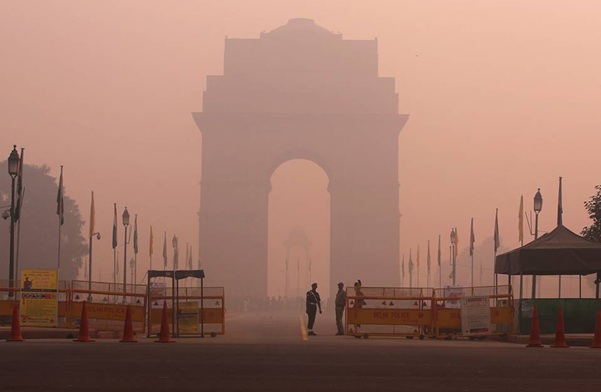




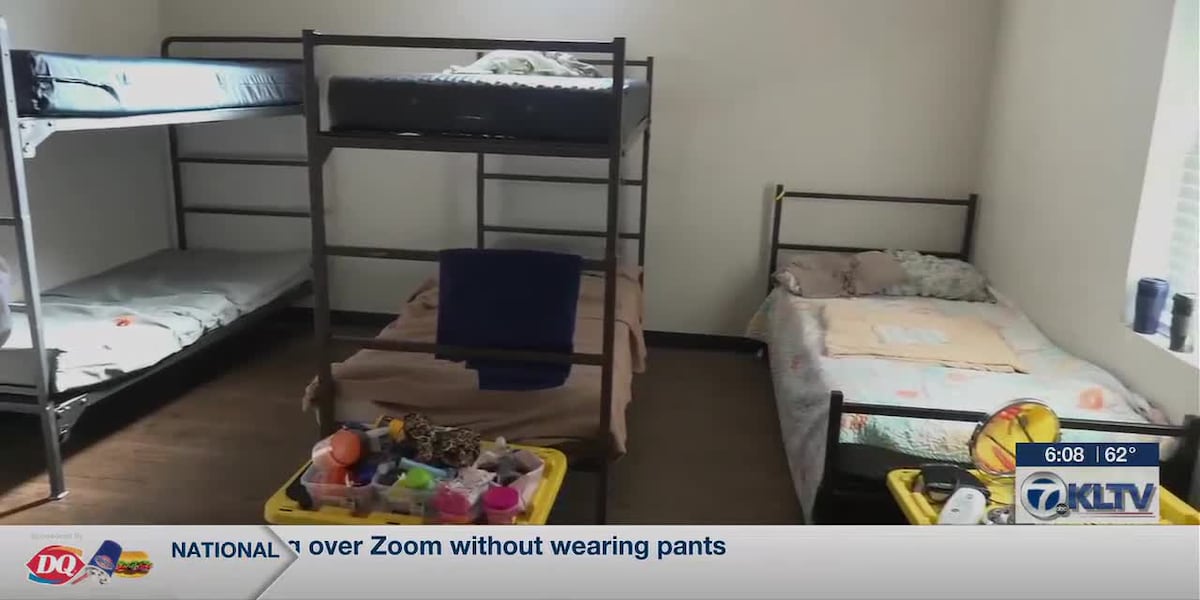
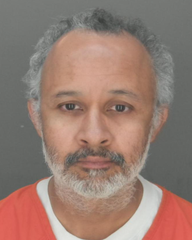


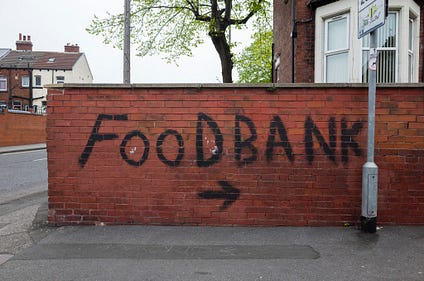

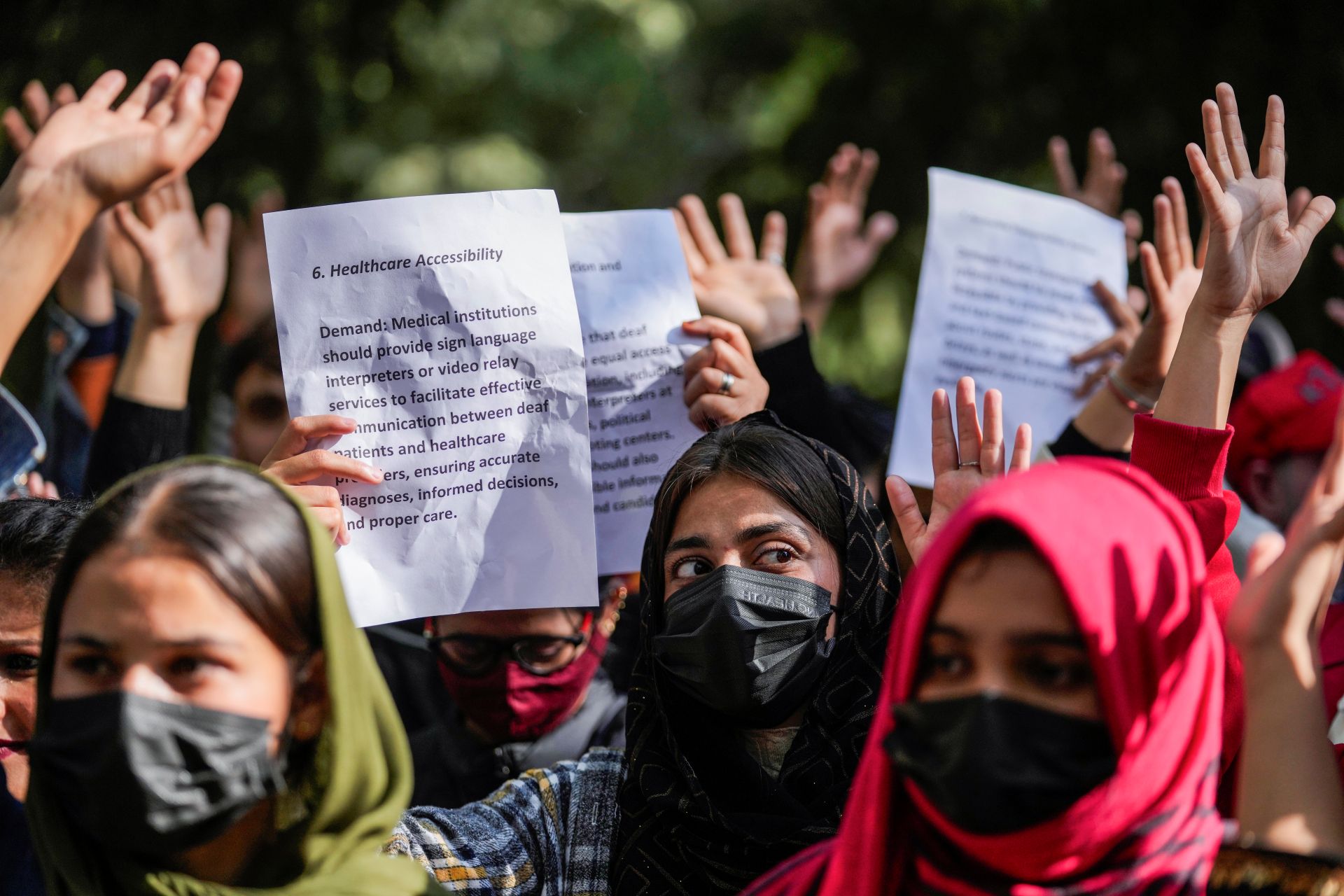








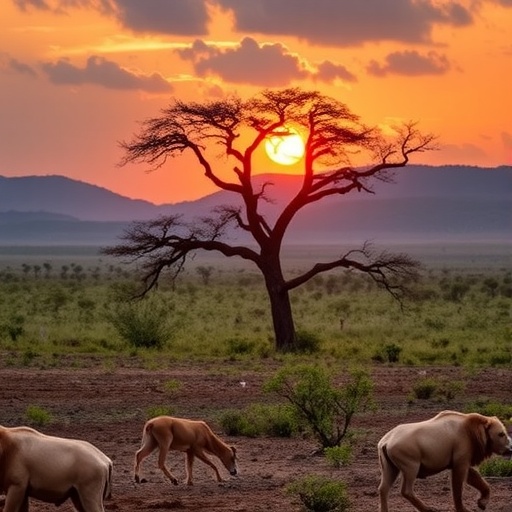
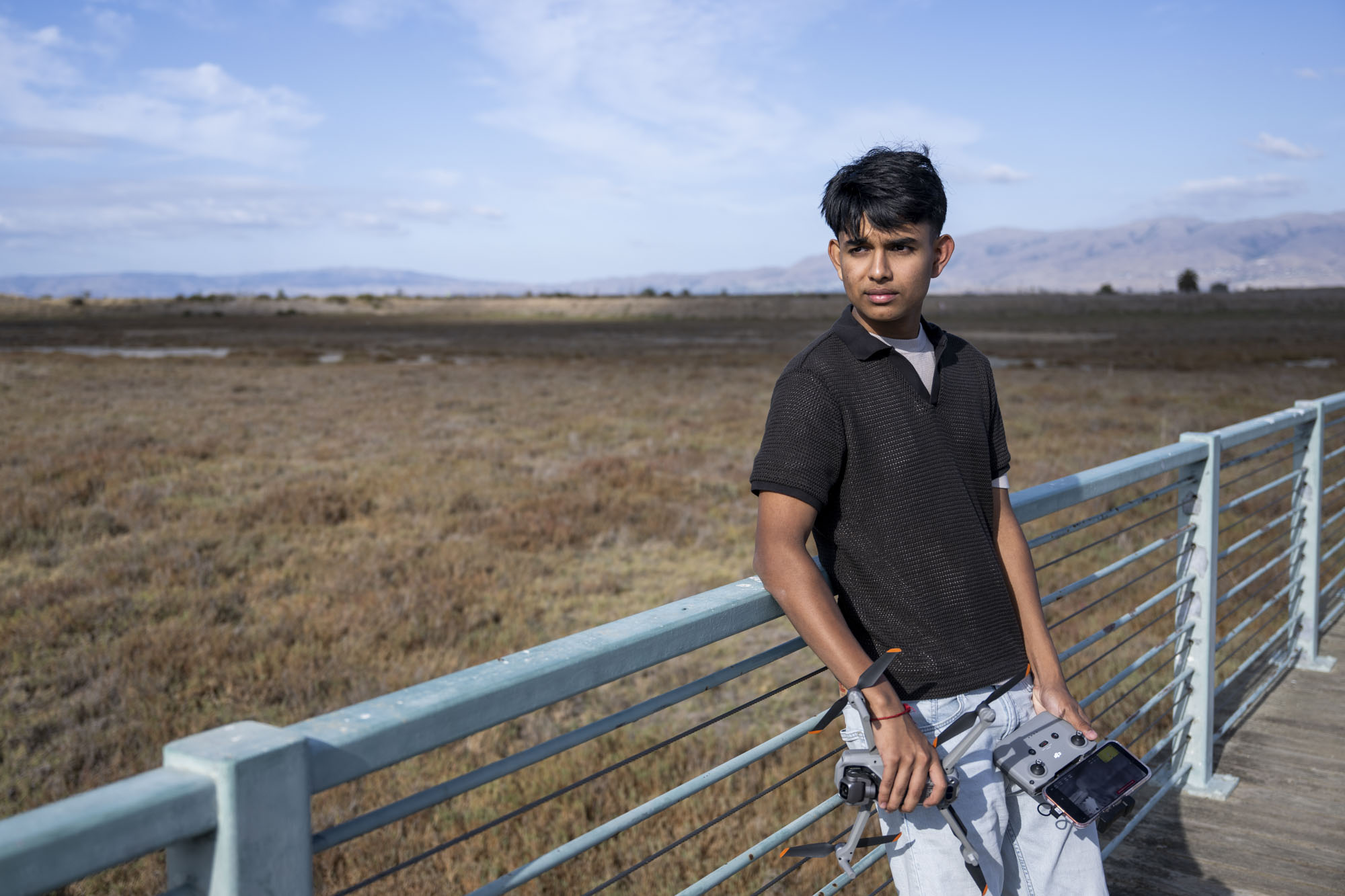



;Resize=805#)
